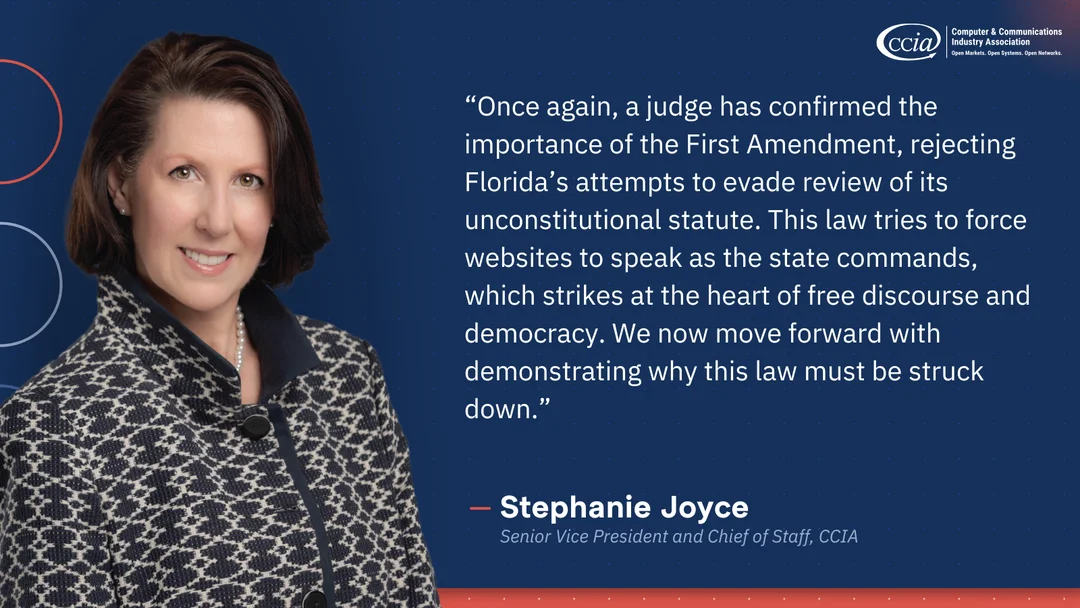
Can Social Media Giants Defy State Control? The Battle Over Online Free Speech Heats Up
In a significant ruling that underscores the ongoing tension between government regulation and digital freedoms, a federal judge has rejected Florida's bid to dismiss a lawsuit challenging a controversial 2021 social media law. This decision highlights the precarious balance of the First Amendment in the digital age, raising questions about how far states can go to influence online platforms.
The case centers on Florida's Senate Bill 7072, enacted in the wake of former President Donald Trump's removal from major social media sites following the January 6 Capitol attack. The law aims to prevent platforms from "deplatforming" candidates for political office and imposes hefty fines—up to $250,000 per day for statewide candidates—on companies with over 100 million users. U.S. District Judge Robert Hinkle, based in the Northern District of Florida, issued the order on Thursday, denying motions from the state to dismiss the suit brought by trade associations NetChoice and the Computer & Communications Industry Association (CCIA).

Hinkle's ruling comes after the U.S. Supreme Court remanded the case to the Eleventh Circuit for further review, emphasizing the need for a deeper analysis of First Amendment claims. The plaintiffs, representing giants like Facebook, Instagram, and YouTube, argue that the law is unconstitutionally vague and forces platforms to host speech against their editorial policies. In a press release, Stephanie Joyce, director of CCIA's Litigation Center, stated: "This law tries to force websites to speak as the state commands, which strikes at the heart of free discourse and democracy." This quote captures the core of the debate, illustrating how the law could compel platforms to alter their content moderation practices, potentially flooding users' feeds with unchecked political content.
Analysis of the ruling reveals a nuanced approach. While Hinkle suggested that a facial challenge to the law might not succeed, he leaned toward finding parts of it unconstitutional as applied to specific companies. This distinction is crucial, as it avoids broadly invalidating the statute but questions its enforcement. Critics compare this to historical First Amendment cases, where government attempts to control speech have been struck down. For instance, the law's provisions could inadvertently stifle innovation in content curation, a cornerstone of modern social media algorithms.
The broader implications are far-reaching. As social media continues to shape public discourse, this case could set precedents for similar laws in other states. Florida's push reflects a growing conservative backlash against perceived "censorship," but civil liberties advocates warn of the dangers of state-mandated speech. The decision keeps the lawsuit alive, with further proceedings expected to delve into the companies' internal policies.
In conclusion, this ruling reaffirms the First Amendment's role in protecting online expression while highlighting the challenges of regulating digital spaces. What does this mean for the future of free speech on social media? As the case progresses, it invites debate on whether government intervention truly safeguards democracy or risks overreach. We encourage readers to share their thoughts in the comments below and spread this story to spark wider discussion.